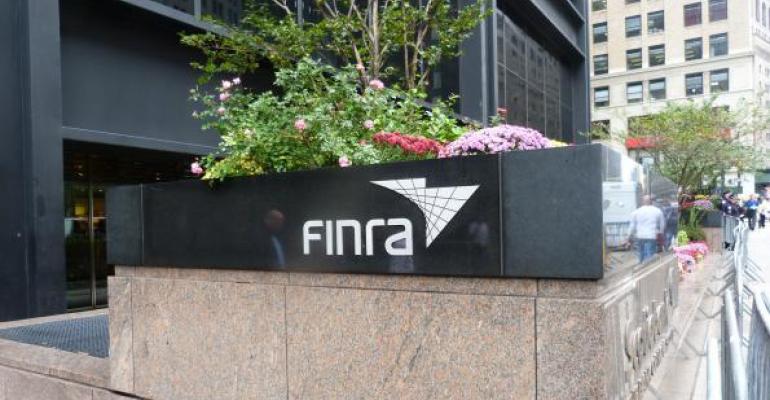FINRA is requiring Edward Jones, Osaic and Cambridge Investment Research to collectively pay more than $8.2 million in restitution to customers after the firms allegedly failed to monitor whether their clients could benefit from fee waivers or rebates on certain mutual fund sales.
The settlements stem from a targeted examination launched in November 2020 by FINRA Member Supervision’s Examinations and National Cause and Financial Crimes Detection programs.
The firms didn’t admit or deny the findings, and FINRA imposed no penalties due to the firms’ cooperation with regulators.
“It is essential that firms ensure their customers receive all fee waivers and rebates owed,” FINRA Enforcement Head and Executive Vice President Bill St. Louis said. “At the same time, FINRA recognizes firms that proactively correct errors, identify and repay harmed investors and provide substantial assistance to FINRA during its investigations.”
The settlements (and allegations) FINRA made to Edward Jones, Osaic, and Cambridge Investment Research resemble each other. According to the settlement, mutual fund issuers often offer customers a “right of reinstatement,” which allows investors to purchase fund shares after previously selling shares of that fund or another fund in the same family without having to pay a front-end sales charge or to recoup all or part of a deferred sales charge.
The benefit typically applies for only a certain period after the initial sale and can vary depending on the fund. According to FINRA, the benefit period generally runs from 30 to 120 days after the fund is initially sold but can be up to two years.
For Edward Jones, the period in question ran from January 2015 to June 2020, while for Osaic, it was January 2017 and August 2022, and Cambridge from January 2015 to March 2022.
In Edward Jones’ case, the firm didn’t supervise whether eligible clients received available sales charge waivers and fee rebates on mutual funds through funds’ rights of reinstatement rules. In Osaic’s case, the firm failed to obtain the “information necessary to determine and evaluate reinstatement benefits.” In the case of Cambridge, the firm “largely relied on individual register representatives to manually identify and apply rights of reinstatement discounts.”
According to the settlements, Edward Jones clients paid $4,440,979 in excess sales fees, Osaic Wealth customers paid $3,096,490, and Cambridge customers paid $699,217; the firms agreed to repay the harmed clients, including interest.
According to FINRA, each firm “demonstrated extraordinary cooperation” by reviewing its practices and procedures, hiring third-party consultants to find harmed clients, and planning to compensate eligible customers.
Osaic declined to comment, and Cambridge Investment Research did not respond prior to publication, while an Edward Jones spokesperson said the firm was “pleased” to resolve the issue.
“We take this matter seriously and have enhanced our policies, procedures and practices,” they said. “Our top priority remains serving our clients and helping them achieve financially what is most important to them and their families."





